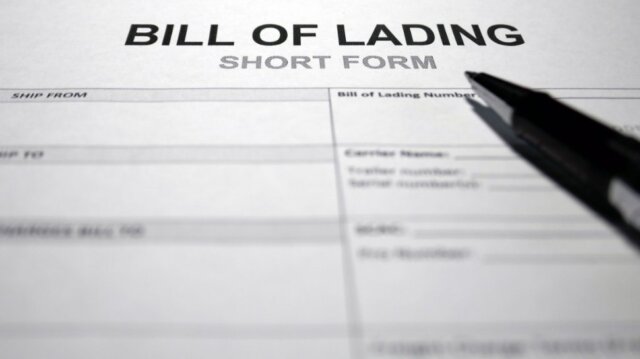
Understanding the Bill of Lading Parties in International Shipping
If you are involved in international trade, you are likely to come across a Bill of Lading (BOL). It is a crucial transport document that is issued by the carrier to the shipper, which acts as a receipt of the goods and outlines the terms and conditions of the carriage. A bill of lading is a legal document that confirms the carrier’s receipt of the goods and the agreement to transport them to the destination. BOLs may appear to be simple documents, but they contain important information that can have a significant impact on your business. This article aims to provide a comprehensive understanding of the parties involved in a Bill of Lading and their roles.
Shipper
The shipper is the party that is responsible for sending the goods. They may be a manufacturer, distributor, or supplier who needs to transport the goods to the destination. The shipper is the party who enters into a contract with the carrier for the transportation of the goods. They are responsible for packing the goods, preparing the necessary documentation, and ensuring that the goods are loaded safely onto the vessel. The shipper must provide accurate information about the goods, including the quantity, weight, and description, to ensure that the carrier can transport them safely [1].
Consignee
The consignee is the party who is entitled to receive the goods. They may be the buyer or the importer who has arranged for the goods to be shipped. The consignee is responsible for taking delivery of the goods and paying any applicable fees or taxes. They must also ensure that the goods are inspected upon receipt to confirm that they are in good condition. The consignee must be named on the Bill of Lading to receive the goods [2].
Notify Party
The notify party is the contact person who is notified when the shipment arrives at the destination. They may be the buyer, the shipping agent, or any other party designated by the consignee. The notify party is responsible for providing information about the shipment to the consignee and ensuring that they are aware of the arrival of the goods. They are usually only required if they are different from the party listed in the consignee field [3].
Carrier
The carrier is the party that is responsible for transporting the goods to the destination. They may be a shipping company, freight forwarder, or any other party that has agreed to transport the goods. The carrier is responsible for ensuring that the goods are transported safely and on time. They must also provide the necessary documentation to the shipper and consignee, including the Bill of Lading. The carrier must be named on the Bill of Lading [2].
Carrier’s Agent
Some Bills of Lading may also show an additional party: the Carrier’s Agent. The carrier’s agent acts on behalf of the carrier and is responsible for handling the cargo during the transportation process. They may be a third-party logistics provider
